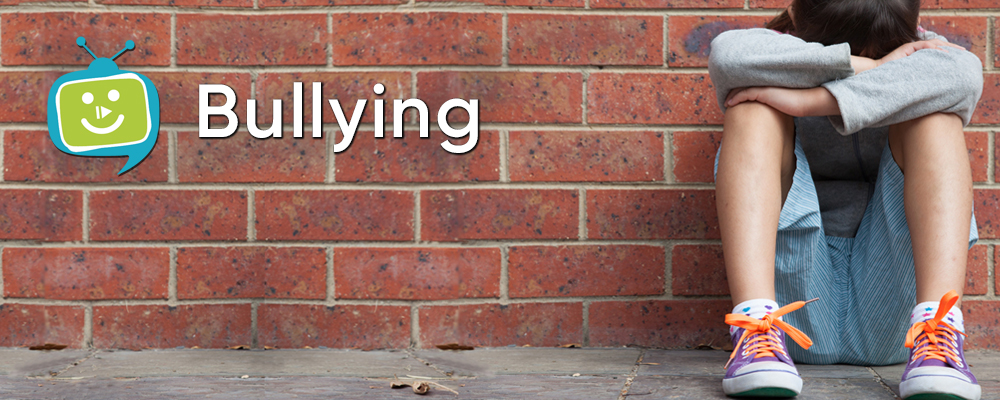Bullying is an ongoing or repeated misuse of power in relationships, with the intention to cause deliberate psychological harm. Bullying behaviours can be verbal, physical or social. It can happen in person or online, via various digital platforms and devices and it can be obvious or hidden. Bullying in any form or for any reason can have immediate, medium and long-term effects on those involved, including bystanders.
Despite the efforts made to reduce bullying behaviours, the research tells us that one in four students still report being bullied every few weeks. However, not all negative behaviour should be considered bullying. The key difference is that bullying does not stop on its own. It’s important young people learn how to identify behaviours that are rude, behaviours that are mean, and behaviours that are related to bullying.
Often the reasons for bullying can be complex. Some young people do it to get approval from others, some do it to regain control, whilst others may do it because it makes them feel safe. Supporting young people as they work through their emotions will help them unpack the motivation and reason behind the behaviour.
In this edition of SchoolTV, caregivers can better understand why some young people engage in bullying behaviours and what to do to support a child experiencing it. We hope you take time to reflect on the information offered in this month’s edition, and we always welcome your feedback.
If you do have any concerns about the wellbeing of your child, please contact the school for further information or seek medical or professional help.
Here is the link to this month’s edition https://sbccdbb.catholic.schooltv.me/newsletter/bullying



